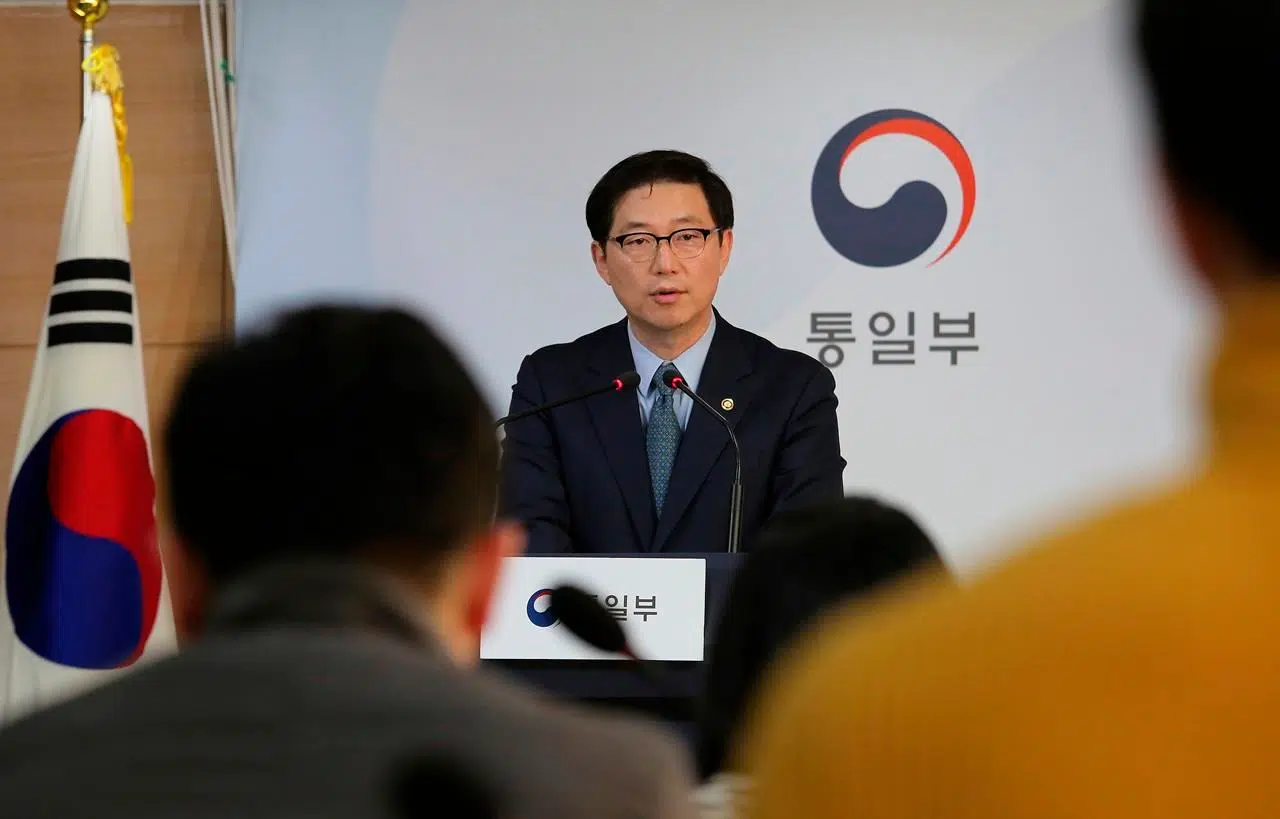
North Korea abruptly withdraws staff from liaison office
SEOUL, Korea, Republic Of — North Korea abruptly withdrew its staff from a liaison office with South Korea on Friday, a development that is likely to put a damper on ties between the countries and further complicate global diplomacy on North Korea’s nuclear program.
The North Korean action came a week after its vice foreign minister threatened to pull out of nuclear negotiations with the United States, citing a lack of U.S. steps to match disarmament measures it took last year. Her warning followed a U.S.-North Korea summit in February that collapsed due to disputes over U.S.-led sanctions on the North.
North Korea informed South Korean officials of its decision during a meeting Friday at the liaison office in the North Korean border town of Kaesong, Seoul’s Unification Ministry said.
North Korea said it was withdrawing its staff under instructions from unspecified “higher-level authorities,” according to a Unification Ministry statement. It didn’t say whether the withdrawal would be temporary or permanent.


